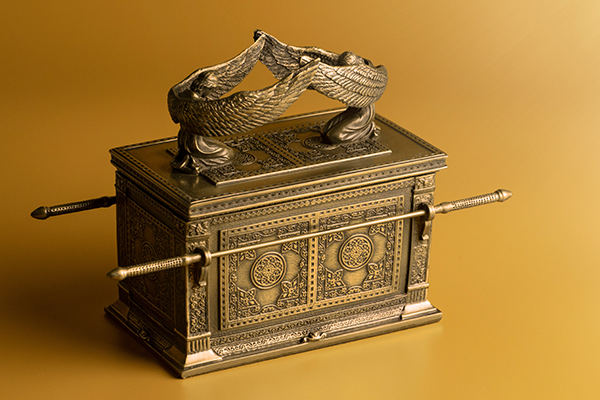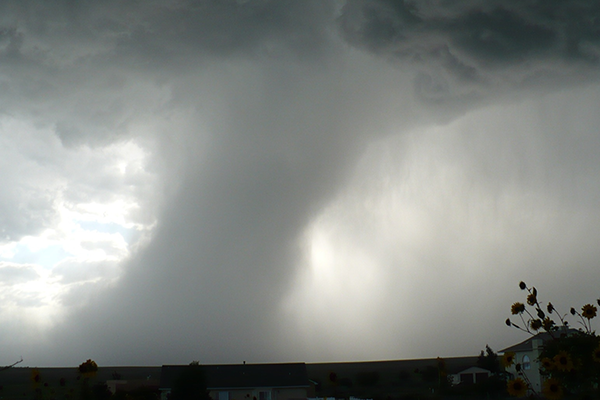
An Unstoppable God
April 26, 2019
Building Blocks for Success
May 4, 2019Easter Joy

Good Friday is a day that brought great sadness to the followers of Jesus because it was the day that Jesus died on the cross. The earth grew dark at midday. All but John had fled, and after his death, the hours that followed were filled with confusion and hopelessness. But on Sunday morning that sadness changed to joy. Here in David’s words is a description of their transformation: “You turned my wailing into dancing; you removed my sackcloth and clothed me with joy” (Ps 30:11).
Psalm 22 is an amazing psalm that describes Jesus’ crucifixion in such detail that it is impossible to not see the correlations to the gospel writers’ descriptions. It was written around 1000 years before Jesus’ death on the cross, and even more remarkable is the fact that death by crucifixion would not be invented for several more hundred years.
In this psalm, David describes the enraged behavior and unleashed tongues of the chief priests who mocked Jesus on the cross. He tells of the soldiers throwing lots for his clothing. David describes Jesus’ disjointed body, his thirst, his struggle, his pierced hands and feet, and even his famous words, “My God, my God, why have you forsaken me?” Every one of these depictions are portrayed in the Gospels.
Most astonishing is the description of Jesus’ last words from the cross. Here are David’s words: “They will proclaim his righteousness to a people yet unborn — for he has done it” (Ps 22:31). John records these words from Jesus’ lips, “When he had received the drink, Jesus said, ‘It is finished.’ With that, he bowed his head and gave up his spirit” (John 19:30). Think about this, David prophesies that Jesus would make this incredible announcement summoning his last strength—to utter the words, “It is finished!” Those words in effect say that Christ’s death makes way for sinners to come to God and be reconciled.
Ps 22 only underscores the validity of scripture. The resurrection is the central truth upon which Christianity rests. Remove this truth, and it all crumbles. That is why the reality of the resurrection of Jesus is so essential to the message of the Gospel.
The resurrection is Jesus’ triumph over death—our greatest enemy. Jesus’ enemies, of which there were many, cruelly insulted and tortured him; they beat him and spit upon him and viciously mocked him; they whipped him almost to death, but he never responded in kind. Then they crucified him on a hideous cross—subjecting him to the most revolting death known to man. Then afterward, he was laid in the grave. His disciples believed it was all over—his enemies had finally won. But, that was Friday! Very early on Sunday morning, Jesus obliterated the dark clouds of sadness, shame, and disgrace when he arose from the grave. Just as his father had willed his death, he now willed his son raised from the dead. Because Jesus is alive, Isaiah’s picture of heaven is never more real:
Isaiah 35:10 “and the ransomed of the Lord will return. They will enter Zion with singing; everlasting joy will crown their heads. Gladness and joy will overtake them, and sorrow and sighing will flee away.”



